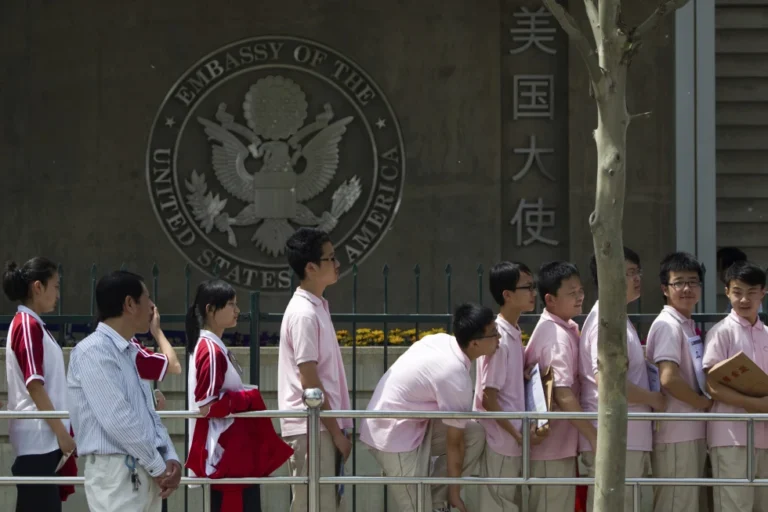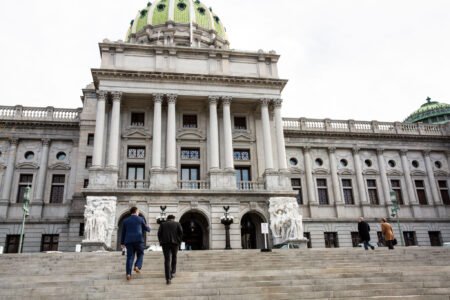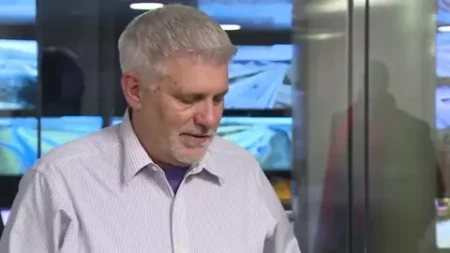The United States government has restarted student visa processing for international applicants but introduced a new condition. Students must now provide public access to their social media accounts. This requirement aims to enhance security and screen for content considered unfriendly to American values.
The U.S. State Department announced the change on Wednesday. It confirmed that applicants who do not make their social media accounts public may be denied a visa. Officers reviewing the accounts will look for posts seen as hostile toward the U.S. government, its institutions, or its founding beliefs.
According to the notice, those who refuse to comply may be seen as trying to hide something. This could result in the rejection of their visa applications. The policy follows a recent pause in visa processing, which allowed time to plan for increased digital screening.
International students had been waiting for consulates to resume visa appointments. Many need to finalize their travel plans before the academic year begins. The announcement brought some relief, especially for students with limited time left to prepare.
One student from China studying in Toronto secured an interview after weeks of checking appointment sites. He said the process was stressful and that he had been refreshing the site multiple times a day.
Applicants from countries like China, India, Mexico, and the Philippines have shared similar experiences online. Many have been closely following press updates to know when they could book their appointments.
While the visa process is reopening, the State Department is also giving priority to students applying to colleges where international students make up less than 15% of the total enrollment. This was shared by an unnamed U.S. official familiar with the policy. That rule could affect enrollment at nearly 200 U.S. universities, especially private institutions and Ivy League schools.
A recent analysis of federal data from 2023 found that more than 15% of students at many U.S. universities come from abroad. This includes both private and some public schools, such as the University of Illinois and Pennsylvania State University.
The Trump administration has taken several steps to tighten the rules around international student programs. Earlier this year, some students lost their legal status due to even minor offenses, although that decision was later reversed.
In addition, the administration criticized top universities for enrolling too many foreign students. Officials have pressured some schools, including Harvard, to reduce international student numbers. Trump has said that schools should not have more than 15% of their students come from other countries.
Officials argue that the new rules are necessary to protect national security. A statement from the State Department said this review process will help ensure that only those who do not pose a threat are allowed into the country.
Internal guidance sent to U.S. consulates urged officers to flag any signs of anger or disrespect toward the United States. This includes dislike of American values, systems, or history.
However, civil liberties experts have raised concerns. Jameel Jaffer, a free speech advocate at Columbia University, compared the new policy to Cold War-era censorship. He warned that it could limit free speech and lead to unfair treatment of applicants based on their personal beliefs.
Jaffer said that the policy forces consular officers to act like censors. He believes that this move could silence not only foreign students but also U.S. residents who fear speaking freely online.
The administration also plans to expand its global screening. It has asked 36 countries to strengthen their own background checks. If they fail to do so within 60 days, their citizens may be added to the current travel ban list, which now includes 12 nations.
The policy reflects broader efforts to tighten U.S. immigration rules. For international students, the new focus on online activity adds another hurdle. As the school year approaches, they now must not only prove their academic plans but also open their digital lives to scrutiny.







